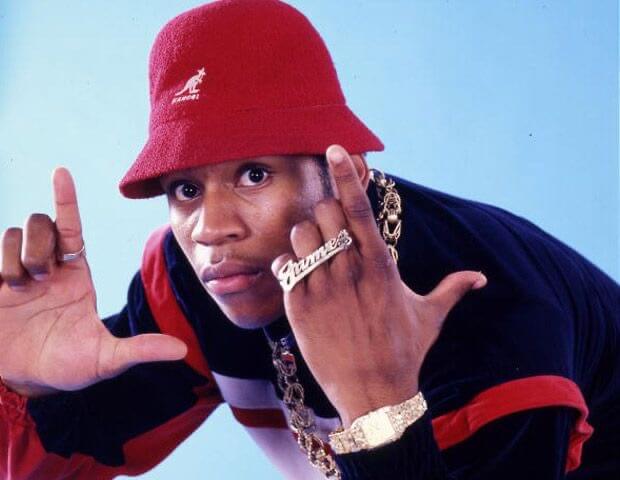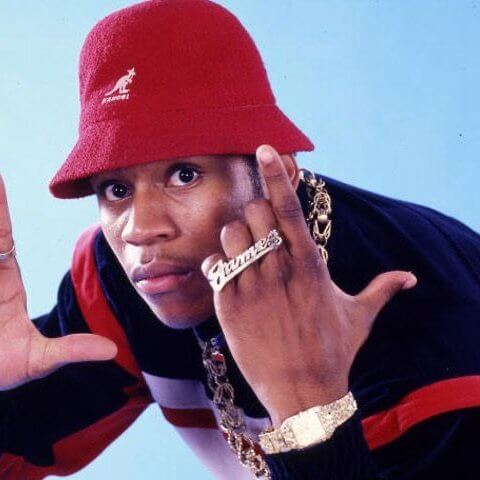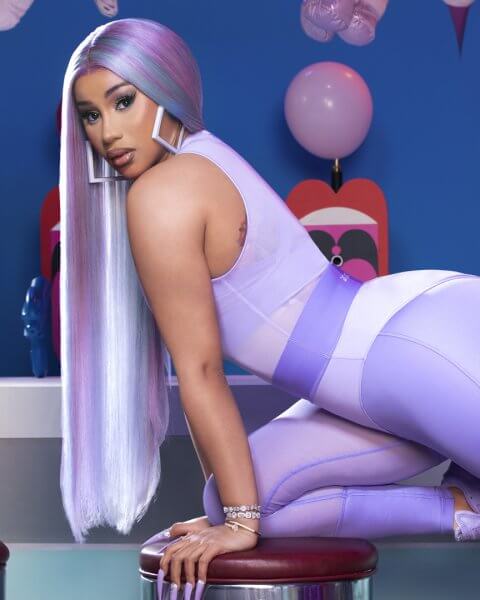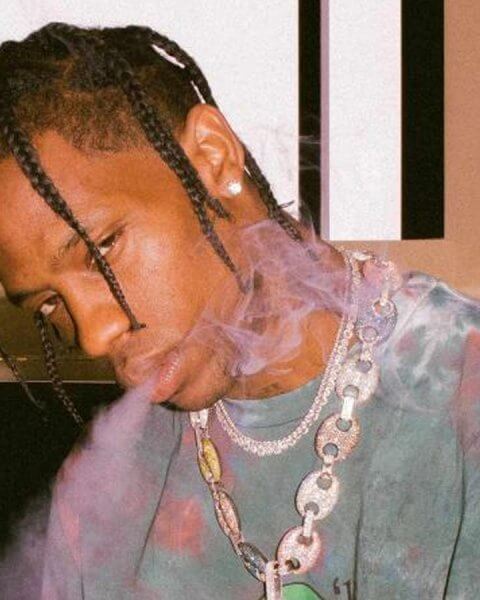
The Ambition Archive – contextualizing the present hip hop culture by exploring the past.
The Ambition Archive #1 – Kangol
Welcome to our new format #AmbitionArchive where we will contextualize the present hip hop culture by exploring the past. So, let us dive in and ask ourselves:
How does a British heritage company like Kangol, whose origins lie in World War I, manage to achieve a such strong standing in hip hop?
The Origins
Jaques Spreiregen, a World War I soldier, returned from war and began importing berets from France in 1920 to sell to workers and the military in England, becoming one of the main suppliers of berets to the British Army by World War II. The naming of the company was his own creation and stands for Knitted (K) Angora (ANG) wool (OL) – KANGOL.
Because many soldiers wore the caps, Kangol achieved a certain notoriety in GB and through clever marketing (the British Olympic team wore Kangol in 1948) the company became a prominent brand in England. So prominent that the company was given the right to make caps exclusively for the Beatles and even Princess Diana was a customer.
The culture
And so it didn’t take long for the brand to become known in the U.S. as well, but the brand’s path to hip hop was paved in the 80s by a New York emcee who even had the company’s name in his name: Kangol Kid. The rapper became known for his spectacular outfits and inspired a number of other New York rappers to do the same. The Kangol company didn’t realize the opportunity at the time though and even wanted to sue the rapper because of his use of the brand name in his Alias. However, they quickly realized that sales of their products were increasing and the company even made Kangol Kid their brand ambassador eventually.
However, their standing in hip hop was cemented when LL Cool J made the famous red “Bermuda Casual” his trademark, or when Slick Rick wore a white Kangol on the cover of his “The Rulers Back”.
Kangol became one of the central brands in the hip hop of the 80s and shaped an entire era. Even if Kangol no longer plays such a central role in today’s world, the brand remains present in the collective memory of hip hop to this day and created a legacy.



